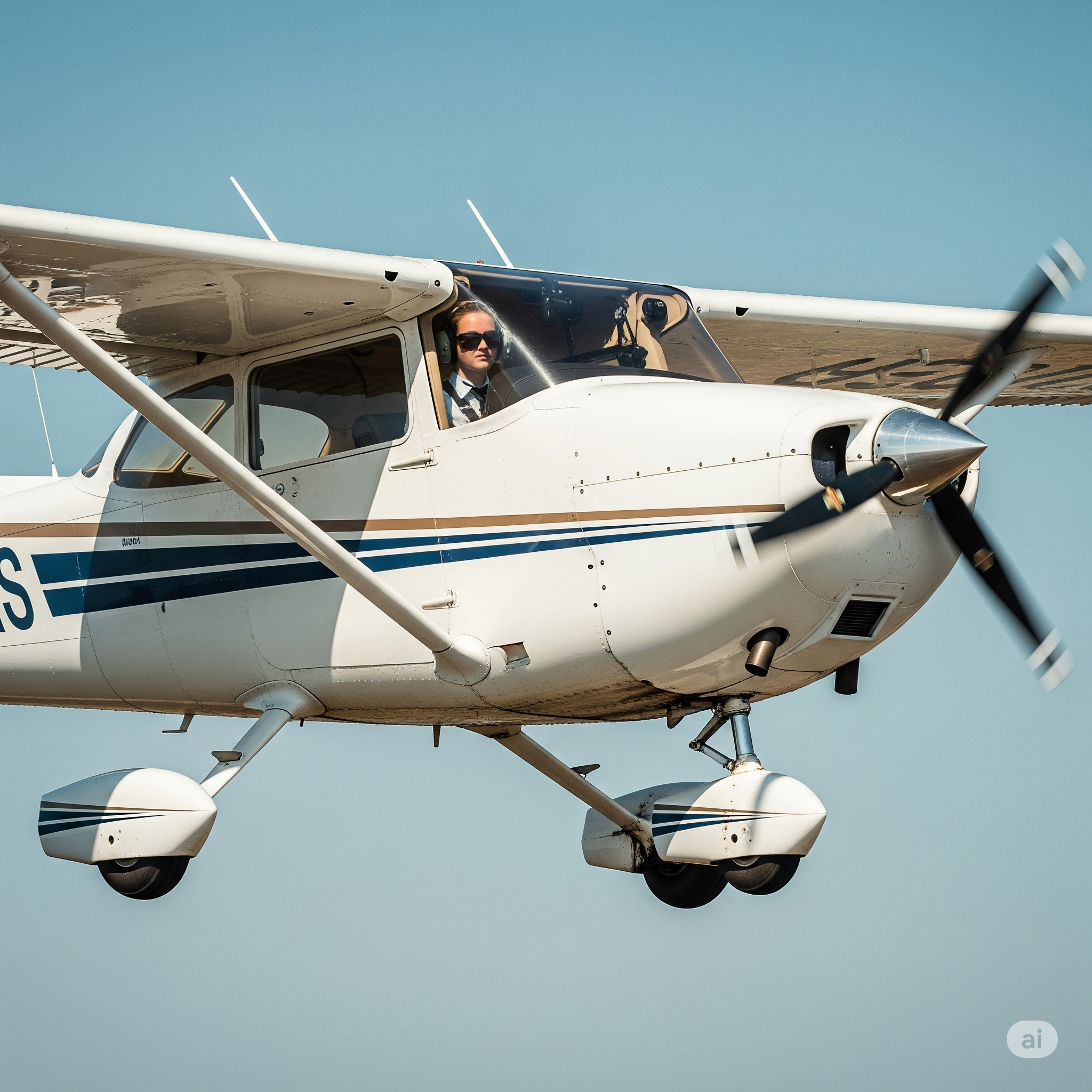Wizz Air Soars: Ultra Low-Cost Carrier Powers European Aviation Transformation with Fleet Expansion
Hungary is taking center stage in a significant aviation transformation, partnering with Poland, Romania, Bulgaria, Moldova, Serbia, and the UK as ultra low-cost carrier Wizz Air undergoes rapid expansion. The skies are buzzing with change as Wizz Air not only grows but also redefines regional travel.
Wizz Air is connecting nations like never before by integrating more fuel-efficient A321neo aircraft into its fleet. Its ultra low-cost model is taking flight across Europe and beyond, uniting Hungary with its neighbors and allies in a powerful travel surge. The arrival of each A321neo is disrupting traditional travel norms, leading to reduced costs, expanded reach, and enhanced sustainability. This marks a collective rise for the region, not just the airlines.
Aviation Capital Group LLC (ACG), a leading global aircraft asset manager, has delivered a brand-new A321neo to Wizz Air, marking the sixth aircraft in a strategic multi-plane deal. This delivery is crucial for an industry striving to meet booming post-pandemic travel demand, cut emissions, and ensure fleet flexibility amidst economic uncertainties. The A321neo, powered by next-generation Pratt & Whitney GTF engines, offers up to 20% lower fuel burn, making it ideal for Wizz Air's focus on environmental impact and cost containment, especially in Eastern hubs and underserved regional cities. This delivery is also part of a larger sale-leaseback agreement with ACG, providing flexibility and capital efficiency.
Wizz Air's expansion isn't just about adding capacity; it's about optimizing for the future. From its Budapest headquarters to its growing presence in the Middle East and Central Asia, Wizz Air is redrawing the map of accessible air travel. Eastern and Central Europe, including Poland, Romania, Bulgaria, and Hungary, remain strongholds, with new flights and strengthened networks. The airline has also ramped up its presence in Italy and Austria, connecting Western Europe to emerging destinations in the Balkans and beyond. Wizz Air UK is expanding from Luton and Gatwick, catering to budget-conscious British travelers, while Wizz Air Abu Dhabi is becoming a key growth engine, opening new frontiers in Central Asia, the Caucasus, and exploring Indian markets.
Wizz Air's aggressive entry into Saudi Arabia with new flights to Riyadh, Jeddah, and Dammam aligns with Saudi Arabia’s Vision 2030 to transform the kingdom into a tourism powerhouse. Kazakhstan and Uzbekistan are also now connected to Europe and Gulf hubs through Wizz's expanding network. The future of travel, as envisioned by Wizz Air, is lean, green, and global, offering new adventures without breaking the bank.
ACG’s consistent deliveries underscore its vital role in global aviation leasing, providing not just aircraft but comprehensive asset management. In a post-COVID economy, strategic leasing partnerships with sustainability-focused aircraft define how modern fleets evolve. The A321neo plays a crucial role in Europe’s efforts to reduce emissions, offering quieter engines and lower fuel burn, giving Wizz Air a competitive edge. This timely delivery by ACG stands out amidst industry-wide fleet delays, signaling execution and reliability. The sale-leaseback model offers Wizz Air liquidity and lower financial risk, allowing it to scale without massive upfront costs. As the global aviation recovery continues, Wizz Air's investment in efficiency and adaptability, supported by ACG, positions it for long-term growth and a leaner, greener future.


